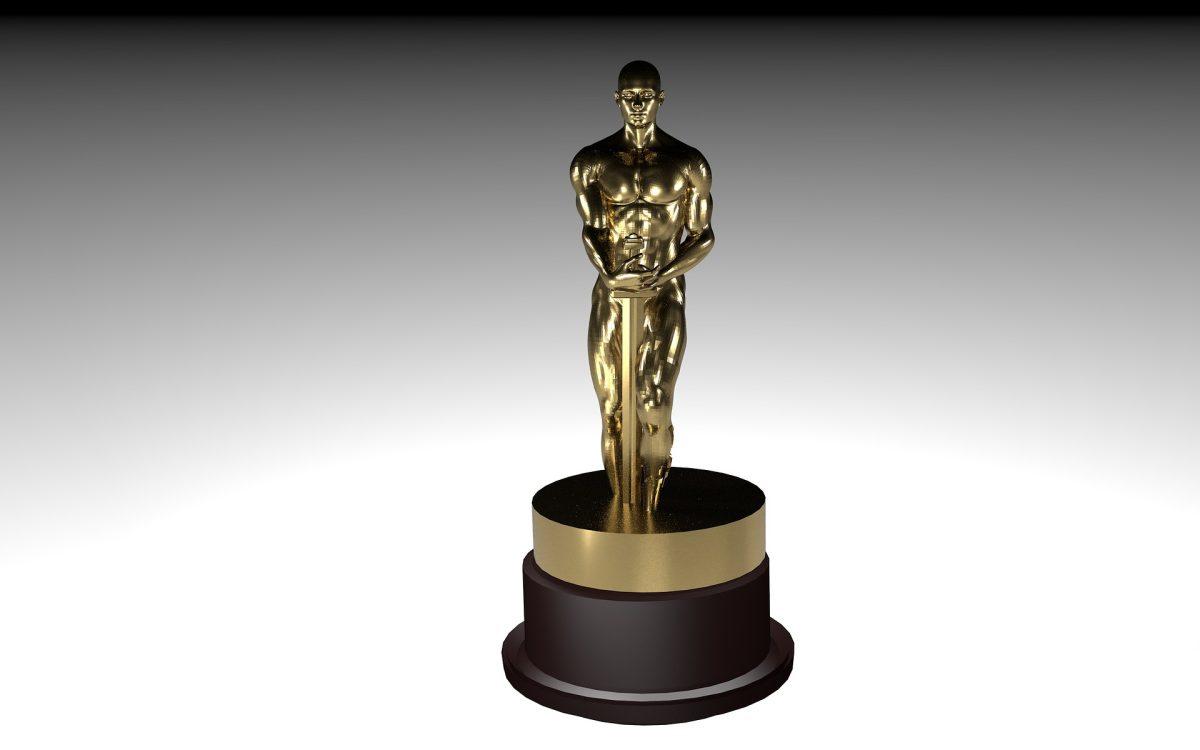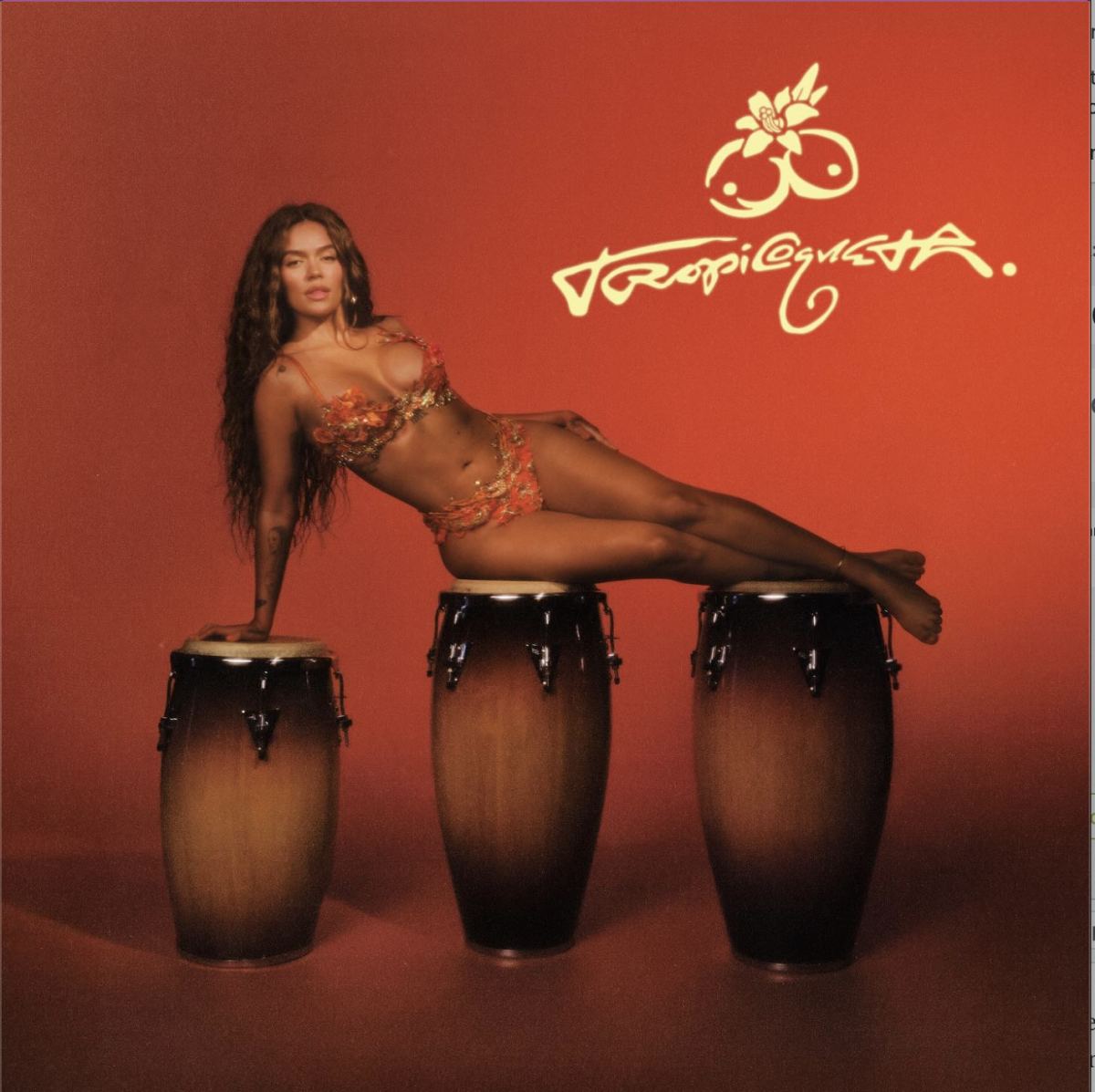This past Sunday, the Dolby Theatre in Los Angeles hosted the 90th Academy Awards. Once again, the entire nation’s eye turned to Tinseltown to watch a group of rich celebrities give each other a series of gleaming golden pats on the back as they congratulated themselves on a job well done—because we all know what a stellar year 2017 was for the film industry.
Jimmy Kimmel walked onto the stage with his Pan-Am smile and his beatnik beard and made a topical joke about how powerful men in Hollywood should aspire to be more like the Oscar statue—not because he symbolizes the pinnacle of achievement in filmmaking, but because he doesn’t have junk and he can’t harass women. The show got better as time wore on, if only because it couldn’t get any worse, but that atmosphere of uncomfortable self-awareness seemed to return every time the host got back on the microphone.
Kimmel deserves some credit for agreeing to host for the second year in a row, despite knowing his routine would never be as well-received as Ellen Degeneres’ was in 2014. To the enthusiasm of absolutely nobody, it seems like the Academy of Motion Picture Arts and Sciences is pushing for him to be the new Billy Crystal—a relatively inoffensive choice who’s always on call in case someone more talented decides to cancel at the last minute.
Thankfully, some of the other presenters didn’t phone it in. Tiffany Haddish and Maya Rudolph were particularly dynamic, wearing slippers onstage and complimenting one another on their respective mastery of scatological humor. At a certain point, the evening was about as enjoyable as the Golden Globes are when Tina Fey and Amy Poehler co-host—even the obligatory Disney musical number taken from Best Animated Feature “Coco” was more lively and energetic than usual.
That performance aside, the Academy of Motion Picture Arts and Sciences decided to refrain from taking a leaf out of Kevin Spacey’s book and didn’t try to appeal to a younger audience this year. Instead, they opted to tackle the more mature and pressing theme of diversity in entertainment in the most extraordinary way: by handing trophies to about a dozen white guys before giving the award for Best Short Film to just about the most controversial African-American basketball player of the past fifteen years.
If Jordan Peele hadn’t eventually won Best Original Screenplay, the evening would have felt like a slap in the face to an entire group of artists that have been struggling to achieve recognition for decades. It’s fair to say that the frontrunners among this year’s Best Picture nominees were Peele’s own “Get Out” and Christopher Nolan’s “Dunkirk,” and the racially-charged nature of the nominations kept them a topic of heated debate for weeks leading up to the awards. To everyone’s surprise and relief, the unexpected winner ended up being “The Shape of Water.”
The latest offering in Guillermo del Toro’s ongoing reinvention of the “monster movie” genre, “The Shape of Water” is a modern-day “Creature from the Black Lagoon” from a talented Latino director who displays a mastery of both style and substance in every film he creates. The latest in a string of Latino Oscar recipients, del Toro is one of several Hispanic filmmakers to be recognized as Best Director this past decade: fellow Mexican director Alejandro Inarritu received the same accolade for “Birdman” in 2015, and Alfonso Cuaron won in 2013 for “Gravity.”
These men are tangible proof of the growing diversity in Hollywood and stand in stark contrast to the established Hollywood elite who keep talking about how much the industry needs it without taking any action. It’s hard to watch a roomful of rich celebrities talk about the importance of ideals like equality of representation without getting the feeling that a lot of them are massive hypocrites when minority groups aren’t getting the kudos they deserve. Thankfully, that wasn’t the case this year.
For questions/comments about this story, email [email protected] or tweet @thewhitonline.
























































































































































!["Working with [Dr. Lynch] is always a learning experience for me. She is a treasure,” said Thomas. - Staff Writer / Kacie Scibilia](https://thewhitonline.com/wp-content/uploads/2025/04/choir-1-1200x694.jpg)









































